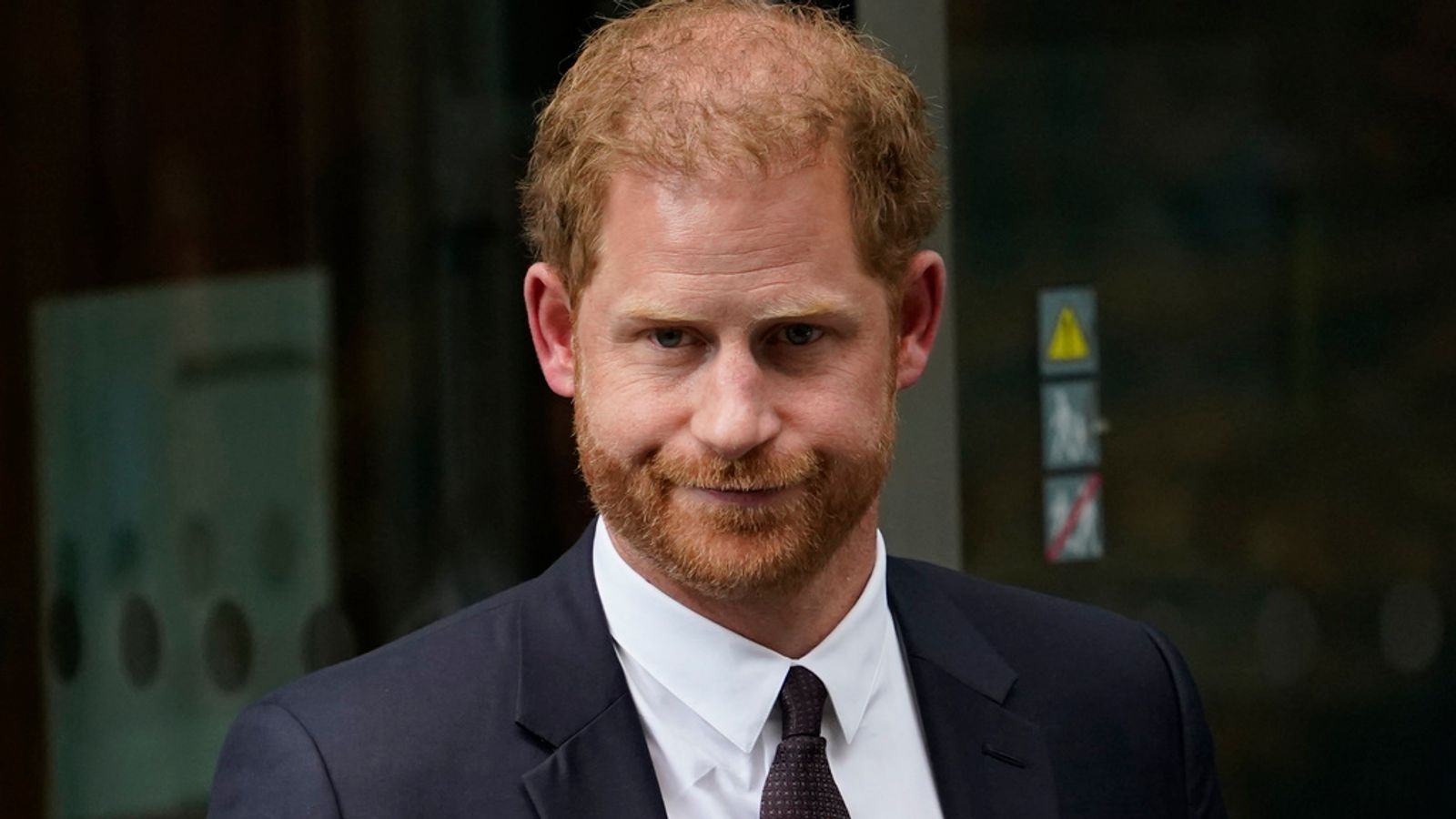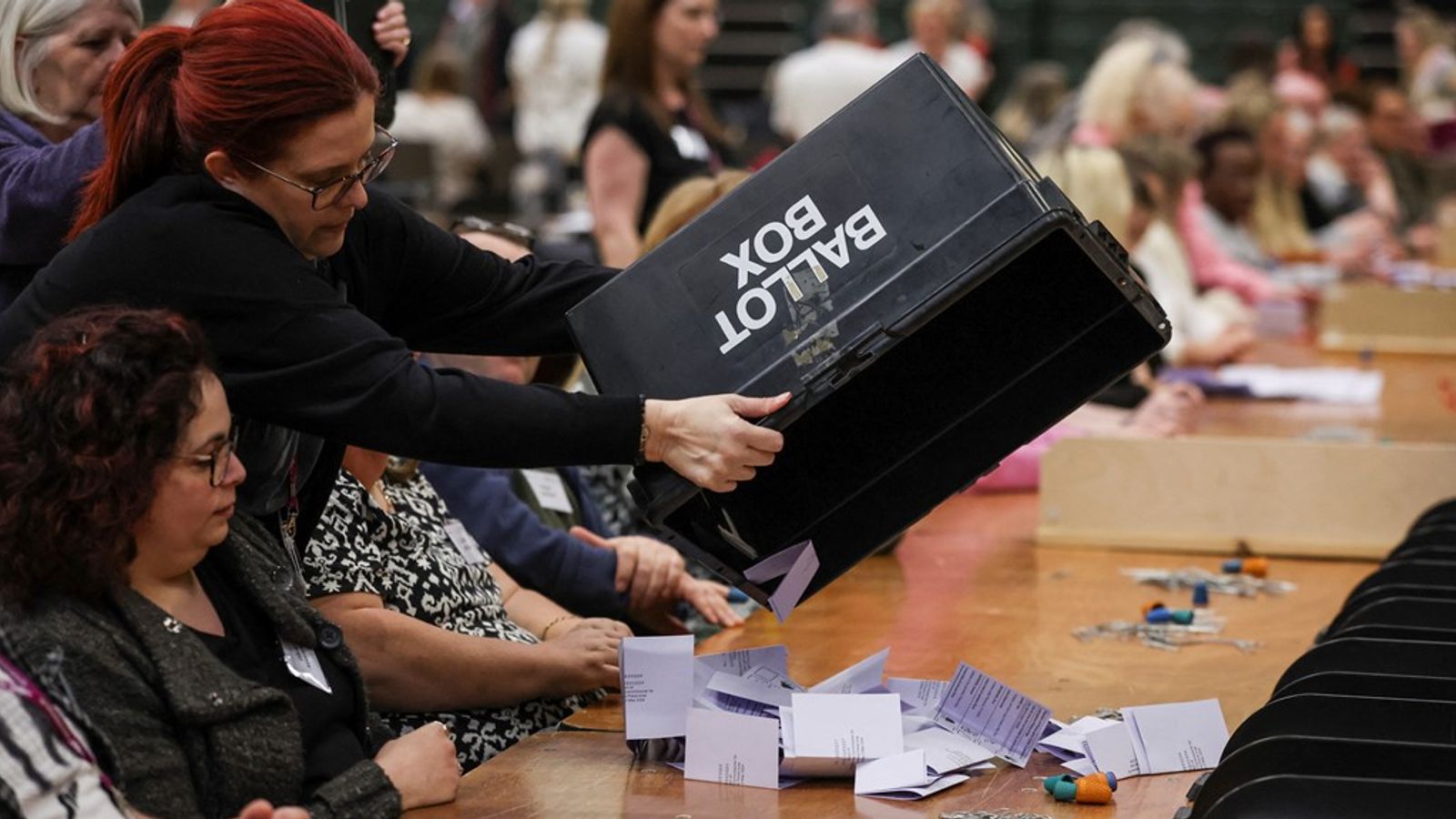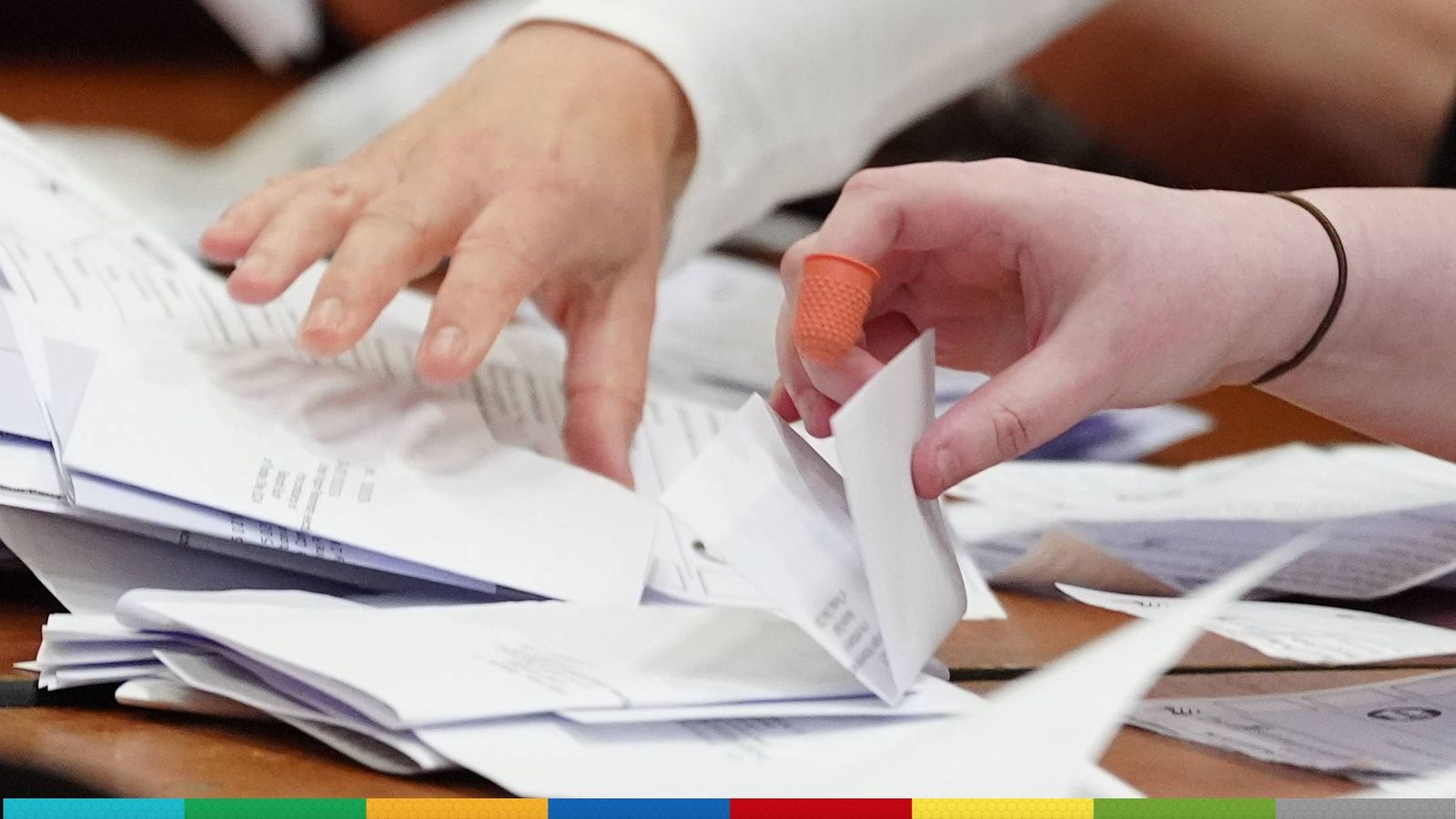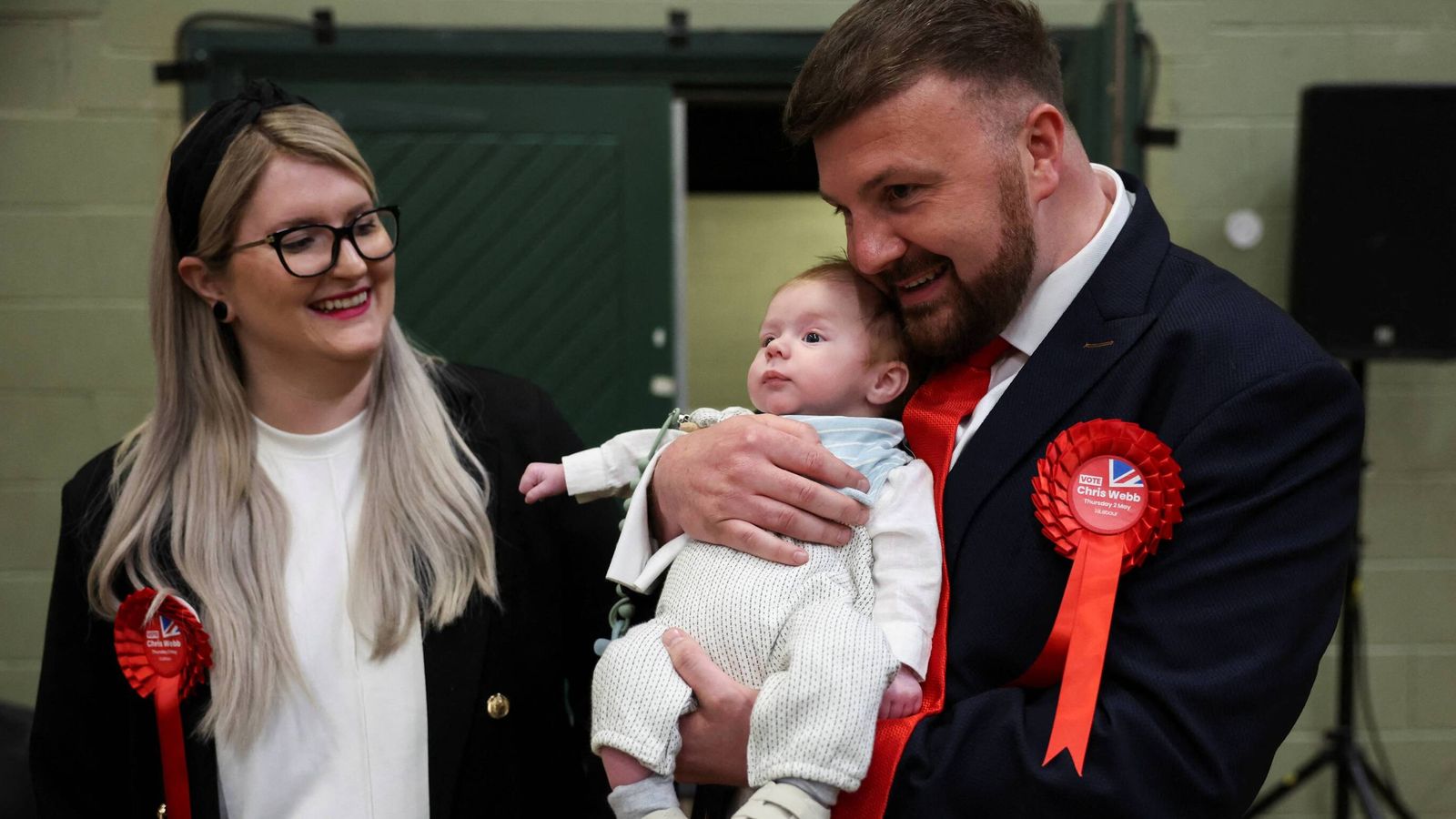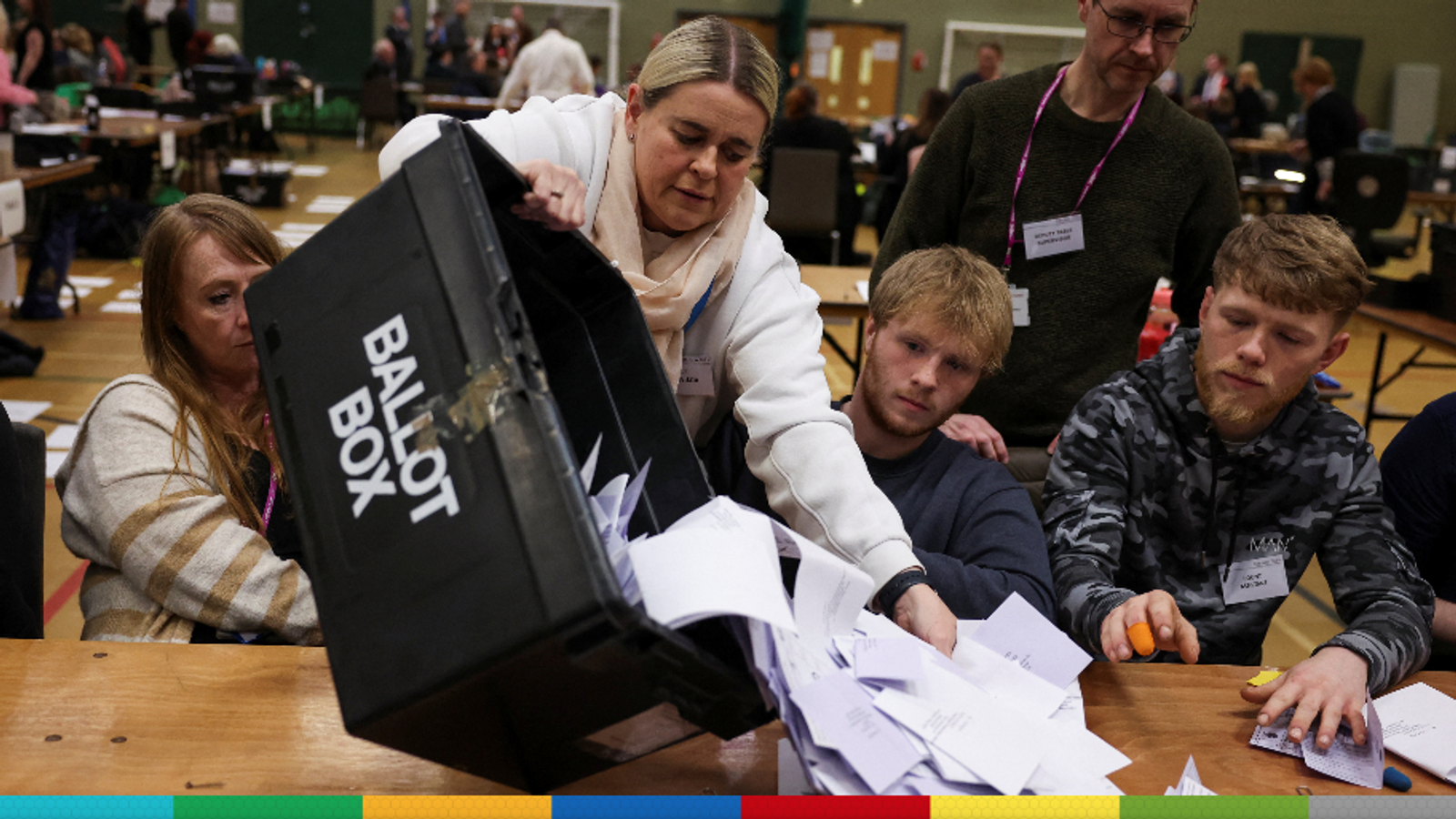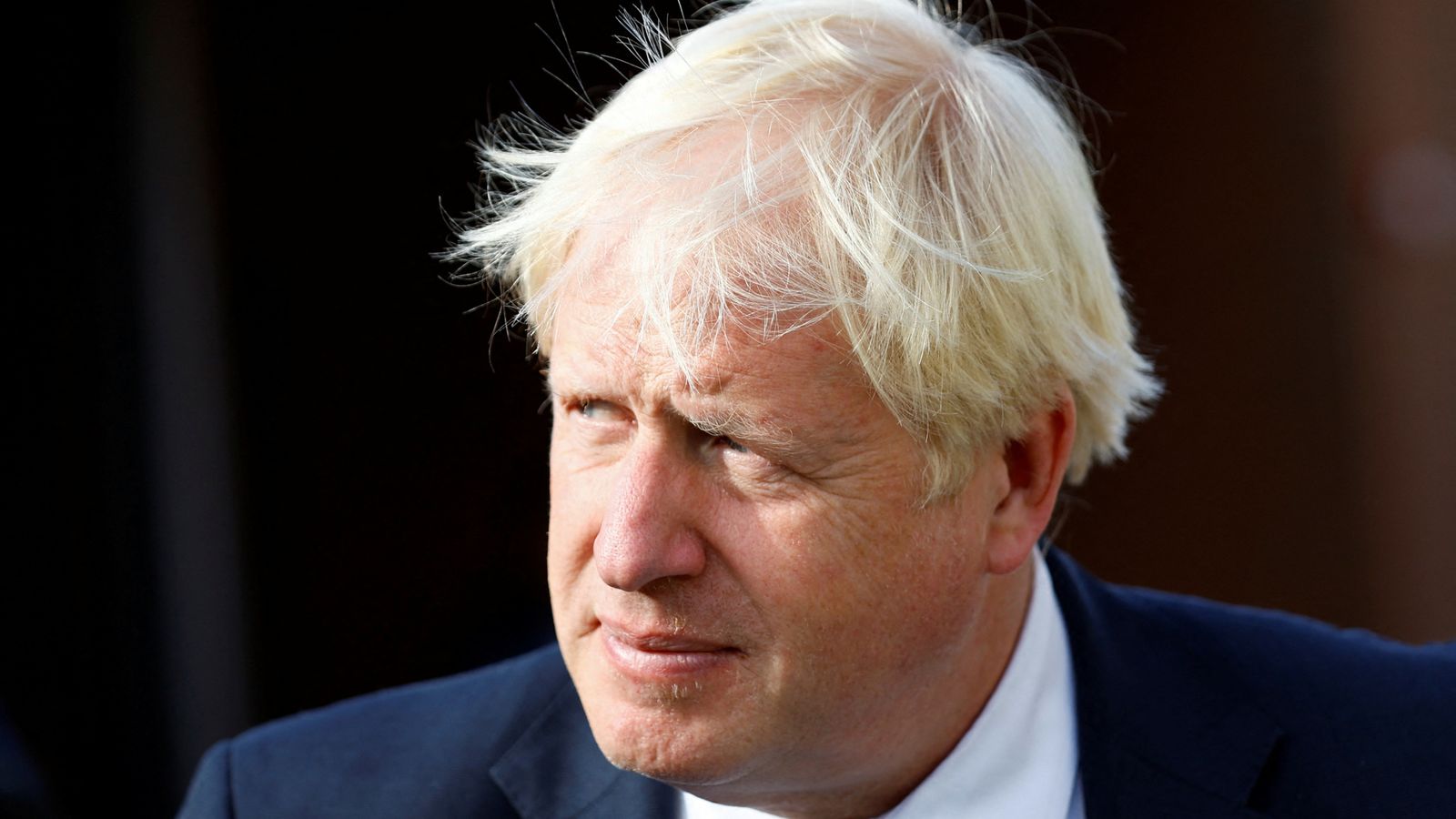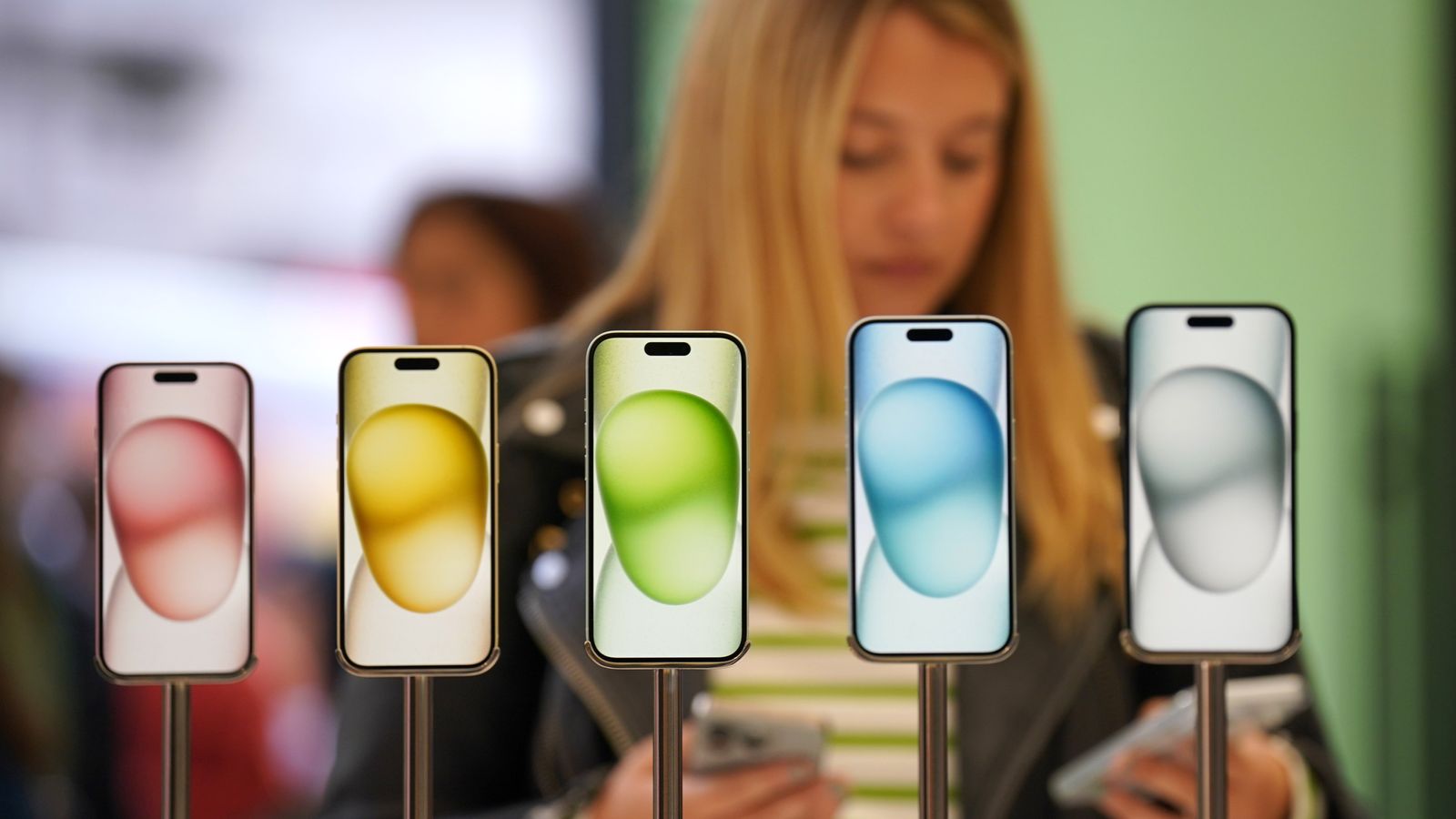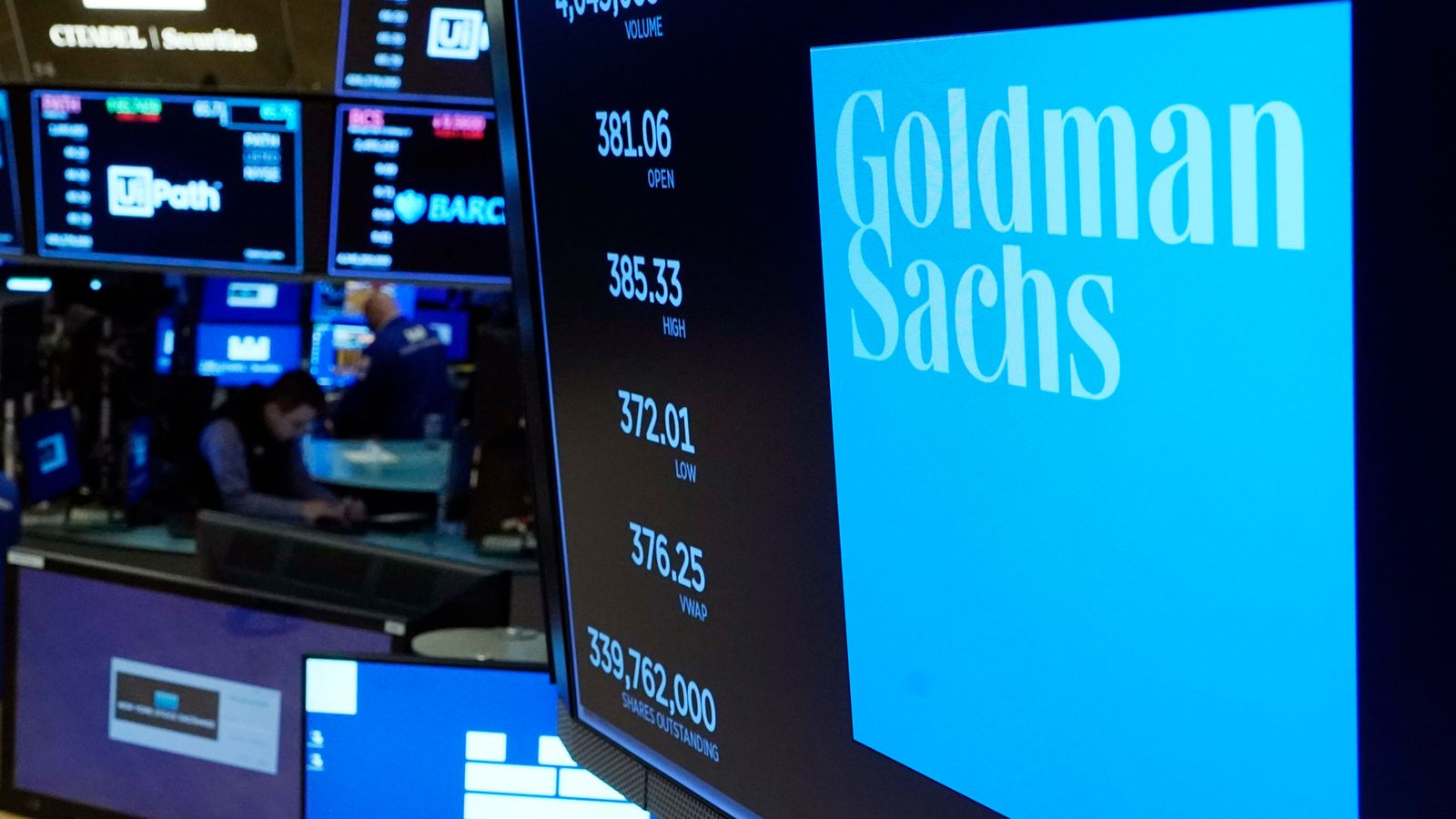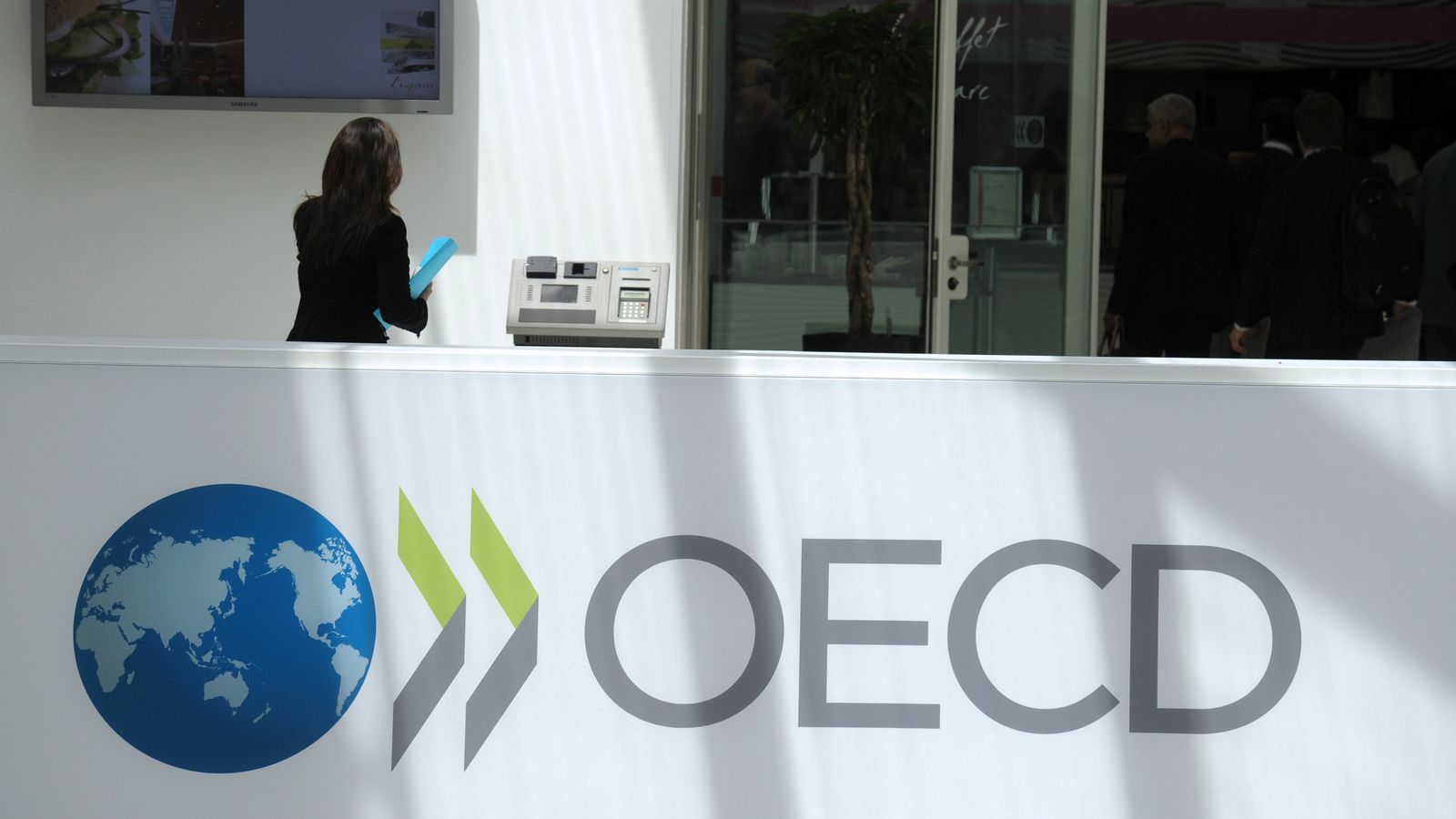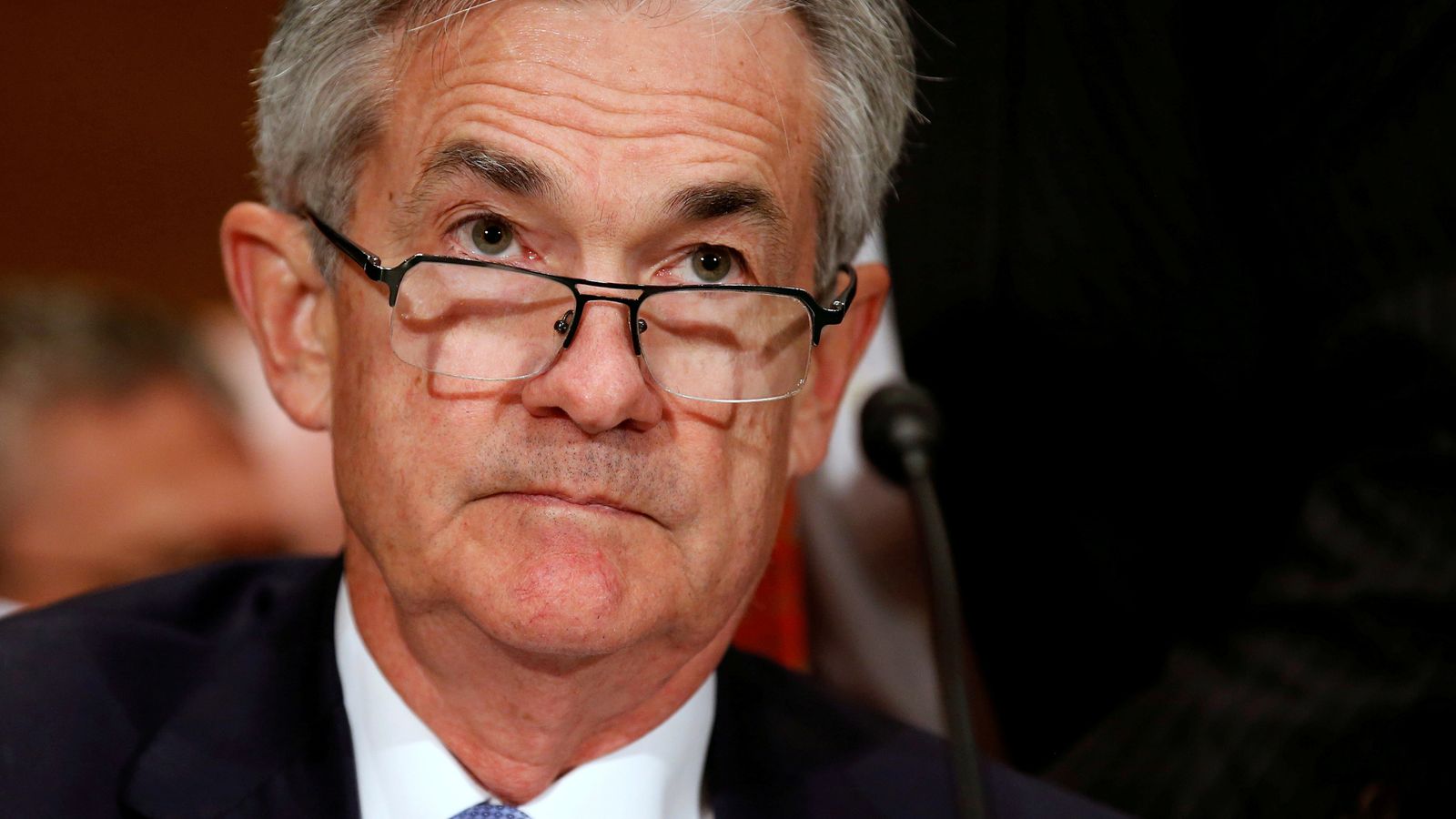“Extensive” phone hacking by the Mirror Group newspapers was carried out from 2006 to 2011, a High Court judge has ruled after a privacy case brought by Prince Harry.
The judge said that “even to some extent”, the phone hacking continued during the Leveson Inquiry into media standards.
The Duke of Sussex’s case has been “proved in part”, with 15 of the 33 articles presented in court found to be the product of phone hacking or other unlawful information gathering, the judge ruled.
Follow live: Prince Harry hacking case
The judge went on to say the Duke’s phone was probably only hacked to a modest extent, but added there was a tendency by the Duke to assume everything was a result of hacking.
The judge has awarded Prince Harry a total sum of £140,600. The sum was aggregated as directors of the newspaper group knew and “turned a blind eye and positively concealed it”.
There was “some unlawful activity” at the newspaper group in 1995, and “widespread” unlawful information gathering from 1996.
Phone hacking was “widespread and habitual” from 1998 onwards, the judge said.
Two directors at Mirror Group Newspapers (MGN) – Paul Vickers and Sly Bailey – knew about phone hacking but they did not inform the rest of the board, the judge found.
“It was concealed from the board, Parliament, the public, the Leveson Inquiry,” the judge said.
A spokesperson for MGN said: “We welcome today’s judgment that gives the business the necessary clarity to move forward from events that took place many years ago.
“Where historical wrongdoing took place, we apologise unreservedly, have taken full responsibility and paid appropriate compensation.”
The Duke of Sussex sued Mirror Group Newspapers (MGN) for damages, claiming journalists at its titles – which also include the Sunday Mirror and Sunday People – were linked to controversial methods including phone hacking, so-called “blagging” and the use of private investigators for unlawful activities.
The civil trial at the High Court ended in June after seven weeks and saw the duke appear in the witness box – the first time a senior royal has given evidence in a courtroom since the 19th Century.
His lawyer David Sherborne told the court unlawful information gathering against the duke began in January 1996 when he was 11 years old.
Mr Sherborne said the 33 articles which form Harry’s case are just a fraction of the 2,500 the royal identified as being published about him between 1996 and 2009.
MGN contested the claims and either denied or not admitted to each of them. The publisher also argued that some of the claimants have brought their legal action too late.
This breaking news story is being updated and more details will be published shortly.
Please refresh the page for the fullest version.
You can receive Breaking News alerts on a smartphone or tablet via the Sky News App. You can also follow @SkyNews on X or subscribe to our YouTube channel to keep up with the latest news.

